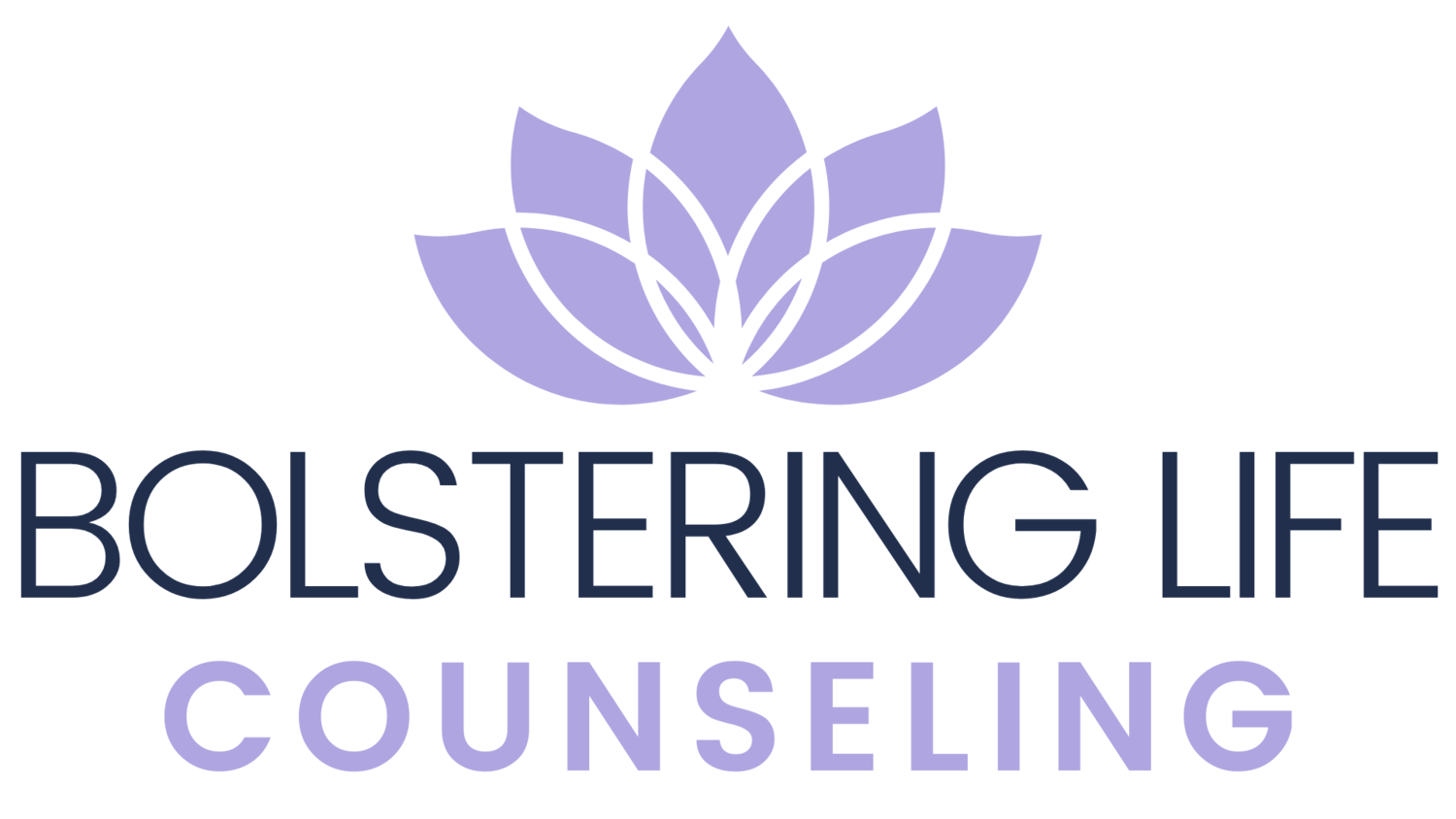How to Manage Anxiety
Learn about ways to manage anxiety and some of the pitfalls in treatment. Generalized anxiety can interrupt our daily functioning with excessive worrying, physical ailments, trouble sleeping and difficulty concentrating. It can feel scary and that it will never end. Here are some tips to help guide towards appropriate treatment.
Understanding Triggers
Everyone is unique and may have specific triggers that increase anxiety. Some common ones are: social situations feeling overwhelming, significant life changes, not feeling good enough, pervasive negative self talk and self doubt, not feeling in control of major parts of one’s life, avoiding something that makes it much scarier/troublesome than it actually is. A therapist can help one identify their triggers which can help decide the therapy and behavior changes to manage the onset of anxious symptoms.
Catching Negative Thinking
Anxiety can feel worse when we steep in negative thinking such as catastophizing outcomes and second guessing our abilities which erodes self esteem. There are certain therapies that can help us catch ourselves when these unhelpful negative thought streams occur and redirect to other thoughts or activities to ease anxiety. Sometimes it is helpful to understand when the negativity started in our lives and get to know that “voice” to understand ourselves better.
Exercise
It has been proven in medical studies that exercise is one of the best things for anxiety and depression. I have also seen this occur in my practice. Assuming you are able to exercise physically, I always recommend to spend time outside and doing some type of physical activity most days to keep anxiety at a manageable level. My clients who have tried this have experienced good results.
Mindfulness
Some anxious thoughts are intrusive and have no real meaning or truth but can cause lot of distress for us. Mindfulness is a technique you can read about or learn from a therapist to treat intrusive thoughts. Basically, intrusive thoughts should be acknowledged as such and disregarded without judgement and no pouring energy into them - so just letting them pass. The more energy and questioning put into an intrusive thought, the more it gains momentum and then sticks. Mindfulness is a wonderful practice so these meaningless thoughts don’t create an anxious cycle.
In summary, anxiety can feel overwhelming and something that can’t be conquered but it can be managed with the right tools and knowledge. If you suffer from anxious symptoms, don’t hesitate to get help and feel better soon.
